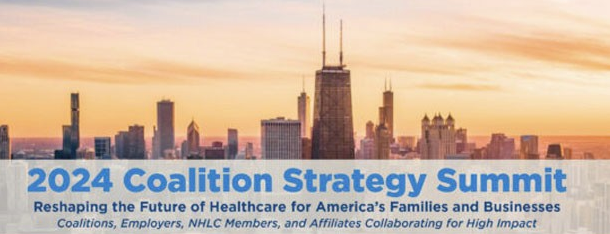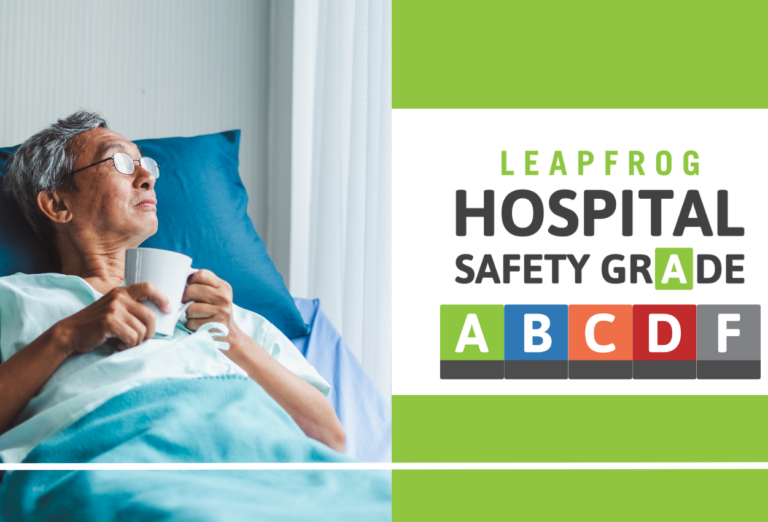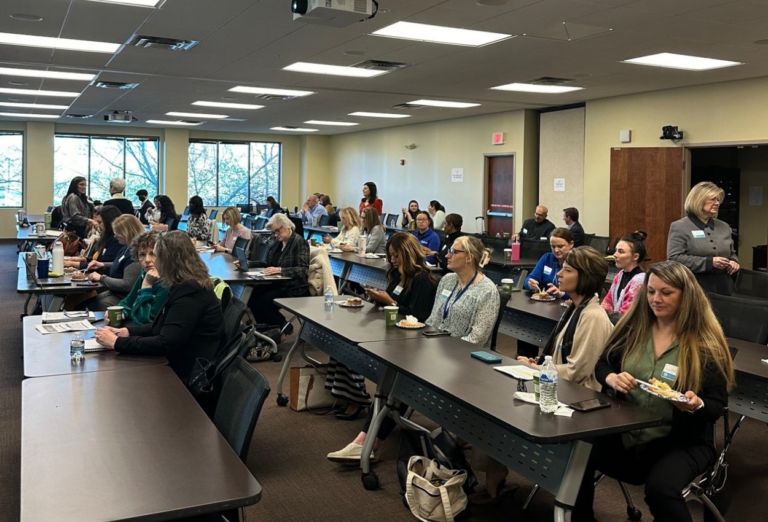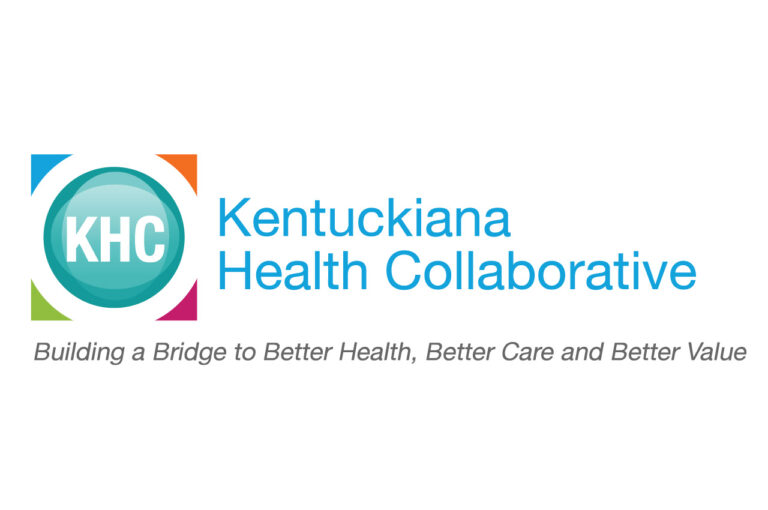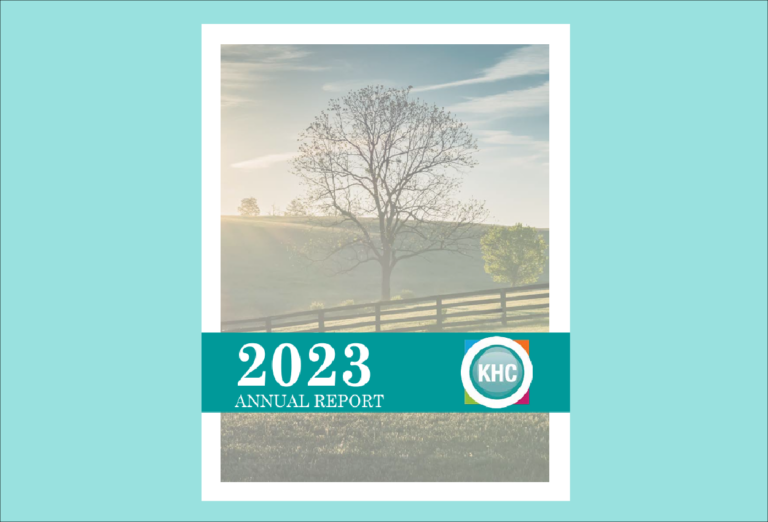A psychologist, a lawyer and an artist walk into a healthcare conference. It sounds like the beginning of a cringe-worthy joke, and it’s not what you might expect at a typical healthcare conference, but that’s what we’ve put together for the 3rd annual Kentuckiana Health Collaborative conference.
At the KHC, we have historically focused on healthcare delivery, most notably through our work in healthcare provider performance measurement. But most experts agree that approximately 80 percent of what drives a person’s health is outside of the clinical care setting. For this reason, we have formed a panel discussion as part of our conference to discuss the challenges that healthcare systems and the community face when they address the socioeconomic factors that impede individuals from reaching their fullest potential.
That’s where the psychologist, lawyer and artist come in. For this discussion, KHC has gathered experts from very different backgrounds who each approach social determinants of health in different ways. The discussion will be led by moderator Stephanie Mayfield Gibson, MD, Senior VP for Population Health, KentuckyOne Health and Chief Medical Officer, KentuckyOne Health Partners, who is an expert in social determinants of health in her own right.
First, the psychologist. Robin DiMatteo, Ph.D., is a Distinguished Emerita Professor of Psychology at University of California, Riverside. She’s also a healthcare consultant who has worked with accountable care organizations, employers’ health coalitions, and nationally based health plans to improve medical care outcomes.
Dr. DiMatteo’s focus is on the ways healthcare providers can improve the healthcare experience of their patients by empowering them through cross-cultural communication and increased health literacy.
Panelist Kristin Paulson, JD, MPH, Director of Health Care Programs for the Center for Improving Value in Health Care (CIVHC), isn’t a practicing lawyer, but she earned her Juris Doctorate from the University of Minnesota, along with her Master of Public Health.
In her role with Denver-based CIVHC, Paulson is responsible for managing its delivery system redesign projects including care transitions and palliative care.
Paulson recently wrote an op-ed for Medical News where she described her organization’s “serious concerns” about how social determinants of health were being addressed in their community, including inconsistent access to community data.
“We intuitively know these [social support] services support health, but demonstrating how and to what extent, determining what services provide the most value for limited resources, and evaluating which patients are most in need are challenges that have not yet been met. Ongoing work within the state of Colorado will create an opportunity to collectively address these challenges and find the answers we need to create a system that can provide true health rather than just healthcare,” Paulson writes in the article. To read the full article, click here.
Local artist Theo Edmunds’ IDEAS xLab, which he co-founded and serves as CEO for, drives large-scale social change by training artists to become a unique force of social entrepreneurs in the health sector. Edmunds also was on the application team for Louisville’s successful 2016 bid to be named a Robert Wood Johnson Foundation (RWJF) Culture of Health Prize winner. Louisville was recognized as one of just seven recipients out of nearly 200 applicants, and the community received $25,000 from RWJF, along with the opportunity to learn from other winners, past and present, and exchange information with those communities.
Learn more about Edmunds and how family influence helped form his socioeconomic focus in this piece he wrote for the Louisville Courier-Journal.
“In our little mountain community, it was understood that we were all in this life together,” Edmunds writes in the article. “Everyone was part of an integrated social support network – farmers, teachers, preachers, artisans, shopkeepers. All worked together to reduce poverty, improve health, and increase education and access to information. A community of different people working together to help everyone achieve their best life possible.”
For the record, Edmunds also has a JD, along with a MHA and MFA, so while all of our panelists choose to serve their communities in various ways, there are common threads that run between them, much like the integrated social support network that Edmunds writes about.

